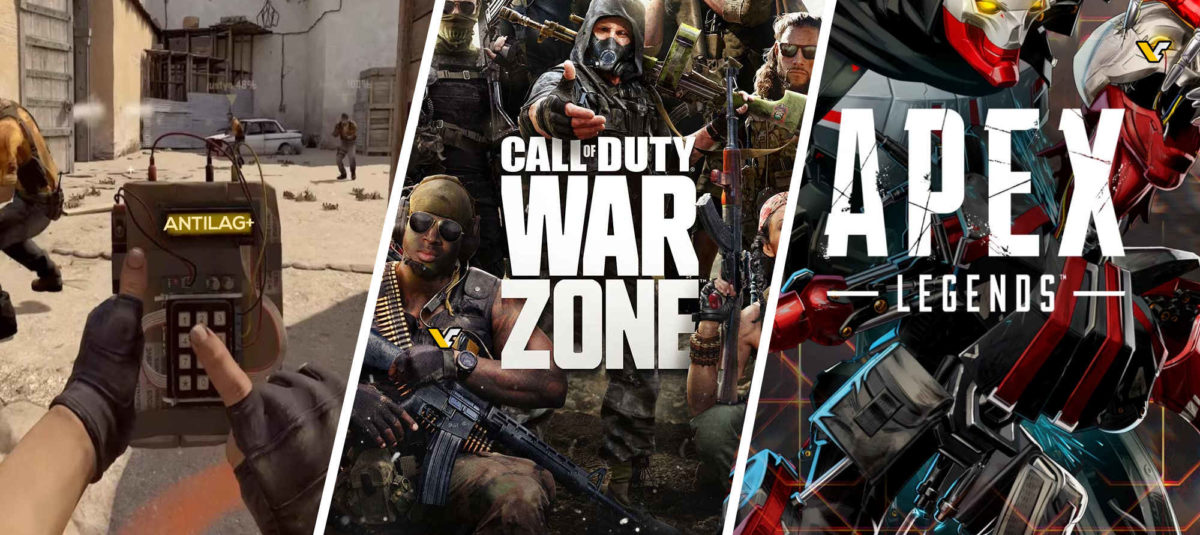Anti-Lag+ causing is widespread issues for online gamers

Following Valve’s announcement about the issue with AMD Anti-Lag+ technology tampering with DLL files, more gamers have come forward to share their experiences with the software. It appears that this problem is much more widespread and could potentially cause issues, particularly in online games.
In response to increasingly advanced cheating methods, which often involve hooking into the game’s graphics pipeline, game developers have had to implement stricter measures and tools to detect any anomalies with game files. These technologies are primarily used in multiplayer games, with less focus on single-player titles. This is because cheating in multiplayer games negatively affects the experience for many players, not just one individual.
Recently, it was confirmed that using AMD Anti-Lag+ in Counter-Strike 2 could result in a VAC ban. Developers have stated that the AMD technology, by hooking into the game’s DLL files, makes unauthorized changes that are treated as cheating attempts.
AMD has responded to the Counter-Strike 2 issue by recommending that players refrain from using their technology in this game until a solution is provided. The company did not specify whether Anti-Lag+ is supported in other competitive games, but it’s clear that gamers can enable this technology, potentially leading to unexpected problems.
Gamers have reported that games like Call of Duty MW2 experience more crashes when using Radeon RX 7000 series graphics cards. The common solution is to disable Anti-Lag+ in the AMD Software. It’s worth noting that this is not a new problem; users have been reporting this issue for three weeks now, with AMD employees stating that the issue is being investigated.
Call of Duty/Warzone:
- MW2 crashing
- Anti-Lag Crashes Warzone/COD
- Warzone 2 Game Crashes with Anti Lag + Enabled in AMD Software
- Game keeps crashing when joining match
- Game crashes when loading into anything multiplayer
Apex Legends
- Account Falsely Banned
- Randomly Banned after not playing for months.
- False Bans in Counter Strike 2 and Apex Legends. Anti-Lag+
A question that often arises among gamers is why NVIDIA Reflex technology doesn’t encounter the same issues. Despite being widely used in many competitive online games, Reflex operates differently from Anti-Lag. Unlike Anti-Lag, Reflex is not implemented on the driver level. Instead, it is distributed as a separate library that is added by game developers individually.
AMD’s approach was aimed at providing a straightforward solution at the driver level, but it seems that this approach doesn’t align well with certain games, leading to the compatibility problems and unauthorized changes to DLL files that gamers have reported. This difference in implementation may be why Reflex remains unaffected by similar issues that AMD Anti-Lag+ is encountering.
For the time being, it’s advisable to exercise caution when using Anti-Lag+ in online games, especially until AMD officially confirms support. But even with Counter-Strike 2 as an example, using it immediately after being added to the drivers it may not be a good idea. The only good news is that Anti-Lag+ works on Radeon RX 7000 series, so gamers using older hardware should not be affected.
